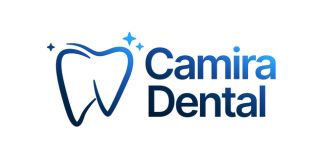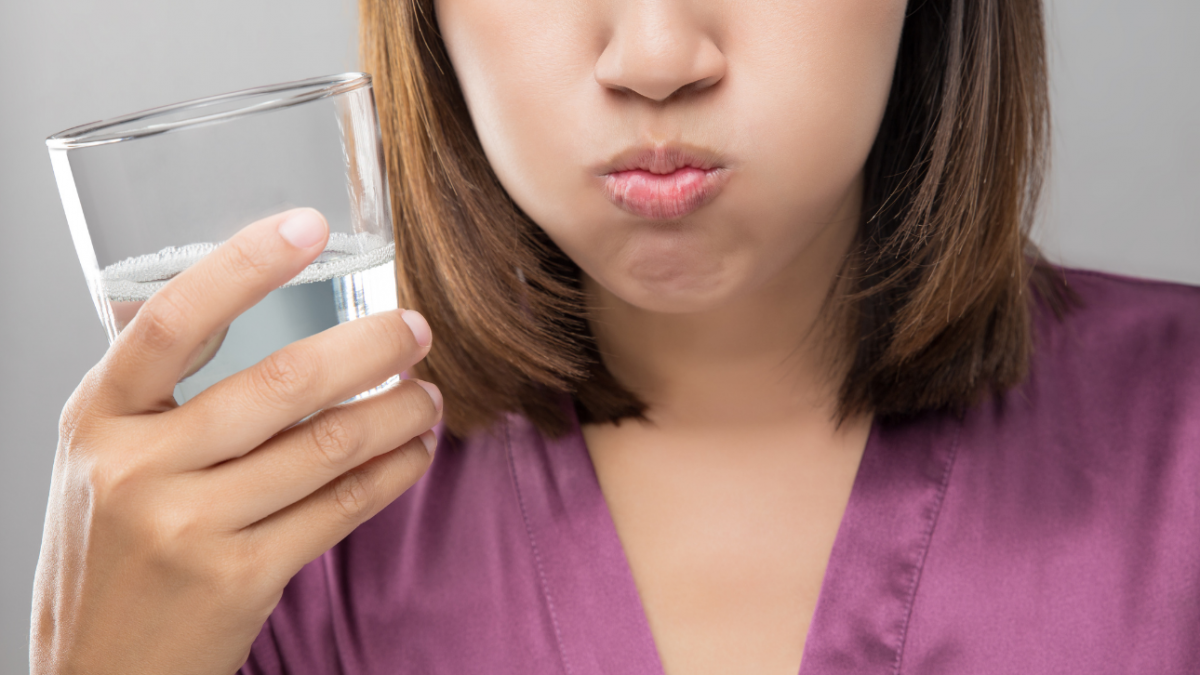Are There Advantages to Using Mouthwash?
A dental hygiene routine is built on healthy habits. Daily brushing and flossing will keep plaque and decay at bay, and many of us add mouthwash as the final touch to maintain those pearly whites.
But using mouthwash may not always be the solution your teeth and gums need. As useful as it can be for fighting bacteria and freshening the breath, mouthwash is only an effective tool when used properly.
Below, we will cover the main advantages and disadvantages of using mouthwash and help you understand how to get the most benefit from adding it to your routine.
The Benefits of Mouthwash
1. Freshens Breath
The first and most obvious benefit, mouthwash is a great way to freshen your breath quickly. While proper flossing and brushing is the most important factor in fresh breath, mouthwash can quickly and easily kill the germs that cause bad breath. That’s especially good news for people who love their foods with strong flavours like onion and garlic but don’t want to scare their date away.
2. Aids with Gum Health
Brushing cleans the teeth and tongue, and flossing clears out debris that can cause decay or irritation. Minor gum irritation is usually a result of having small particles wedged in your gums, or localised trauma such as over brushing. Mouthwash can help clear these issues up in a day or two.
Similarly, if you have any sores on your tongue, gums or cheeks, mouthwash will help keep them clean and free of infection while they heal.
3. Prevents Plaque Buildup
Plaque forms on the teeth when the bacteria in your mouth are mixed with sugary and starchy foods. The bacteria produce acids that break down the food and leave that fuzzy feeling on your teeth.
Because mouthwash is a great way of reducing the bacteria all over your mouth, it can go a long way to preventing plaque buildup. Keep in mind that mouthwash won’t remove any existing plaque, so it’s not a replacement for brushing, flossing and regular dentist checkups.
The Disadvantages of Mouthwash
1. Can Worsen Tooth Sensitivity
Some commonly-available mouthwashes contain active ingredients that can worsen tooth sensitivity. Especially for people with exposed dentin - the soft middle layer of the tooth - mouthwash can contribute to sensitivity, especially with regular and long-term use.
2. Using it After Brushing Can Nullify Your Toothpaste
Many common toothpaste brands include small amounts of fluoride in their recipe. In small doses, fluoride is a great additive that can help protect your teeth for longer, but it needs to sit on the teeth to be effective. If you use mouthwash immediately after brushing, you’re washing away the fluoride and other active ingredients, nullifying their effects.
Instead of doing it right after brushing your teeth, wait another 30 minutes before reaching for the mouthwash. Remember that mouthwash also needs to sit on your teeth to be effective, so avoid rinsing with water immediately after using mouthwash.
3. Masks Bad Breath, Hiding Mouth and Throat Issues
The anti-bacterial and strong flavouring added to mouthwash are perfect for clearing up bad breath, and that’s not always a good thing. Many issues with the teeth, mouth and throat present themselves as bad breath. Using mouthwash to freshen the breath is quick and easy, except when it begins to mask larger issues that need to be addressed properly.
If you regularly experience bad breath, even if you otherwise maintain good mouth hygiene, it’s important to visit your dentist as soon as possible. While some of the issues that cause bad breath are relatively harmless, they can also be a sign of major decay or tissue damage that needs medical attention.
Ask Your Dentist About the Right Mouthwash
If you are reading this and have been left a little unsure of whether you’re using mouthwash correctly, the best option is to consult your dentist. The professional team at Camira Dental can help you select the right product for your teeth and provide instructions on when and how to use it for the best results. At Camira Dental, we often prescribe specific mouthwashes for short or medium term use only. The mouthwashes we prescribe will vary depending on the condition being treated. Please don’t hesitate to get in touch with us if you would like to book an appointment!


